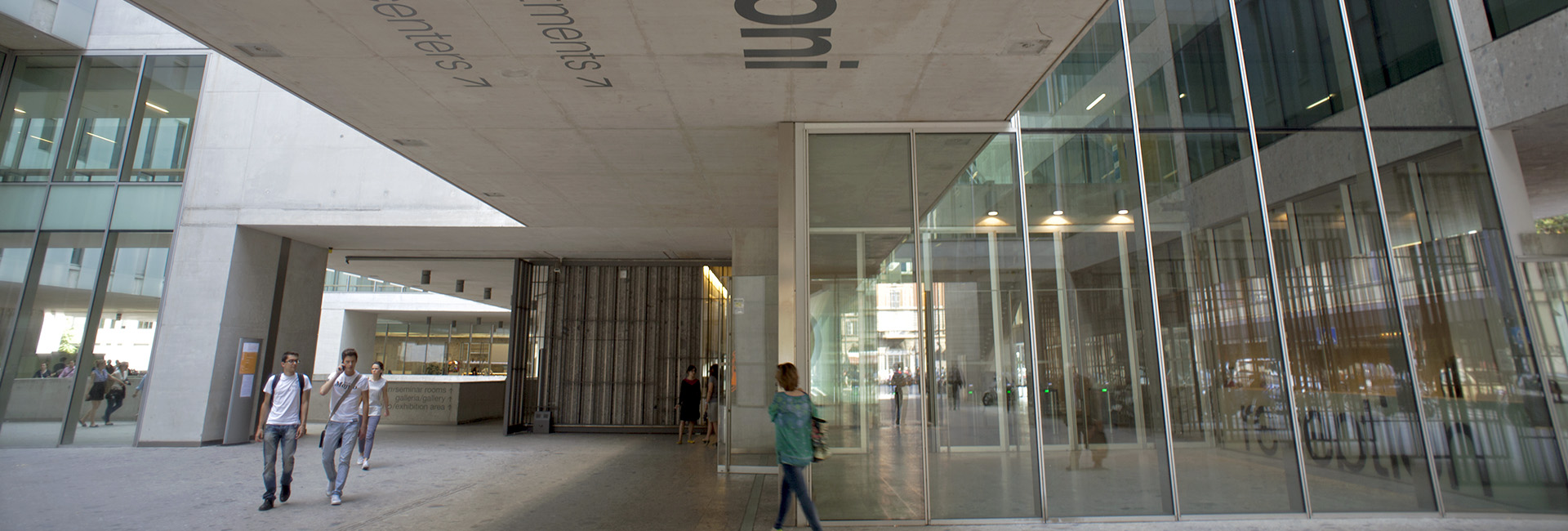8096 - DEVELOPMENT ECONOMICS
Course taught in English
Go to class groups 31
Course Objectives
The purpose of this course is to provide students with analytical and empirical tools that enable them to understand the functioning of markets and institutions in less developed countries (LDCs). The methodological approach emphasizes the role of information, incentives and limits to contracting in examining from a microeconomic point of view how LDCs cope with market imperfections. We shall analyze in depth the informal sector and the emergence of social norms that can be interpreted as a rational response to the economic environment. For each topic, recent theoretical contributions will be proposed and compared to existing empirical evidence, in order to train the student to a research process that goes from the formulation to the test of hypotheses. We shall also discuss the policy implications and the experience of selected LDCs with respect to the topics discussed in class.
Course Content Summary
- Introduction: Institutions and markets in LDCs
- Economics of the family
- Land markets
- Credit markets and microfinance
- Risk sharing and insurance
- Social capital, groups and networks
- Corruption and firms' performance
- Economic causes and effects of civil conflict
- Growth and poverty: the role of policies and institutions
- Where do institutions come from?
Textbooks
- D. RAY, Development Economics, Princeton University Press, 1998.
-
E. LA FERRARA, Mercati informali del credito e group lending nei PVS, dattiloscritto, 2000.
-
P. BARDHAN, C. UDRY, Development Microeconomics, Oxford University Press, 1999.
-
Additional readings will be provided at the beginning of the course.
For further and continuously updated information consult the IEP web site or contact S.I.D. - Servizio Informazioni Didattica - Institute of Economics - via Gobbi, 5 - Room 313.
Detailed Description of Assessment Methods
The exam is written.
The final grade will be the combination of two parts:
- 70% written exam;
- 30% takehome exam (applied, data analysis)
There will be a partial exam.





